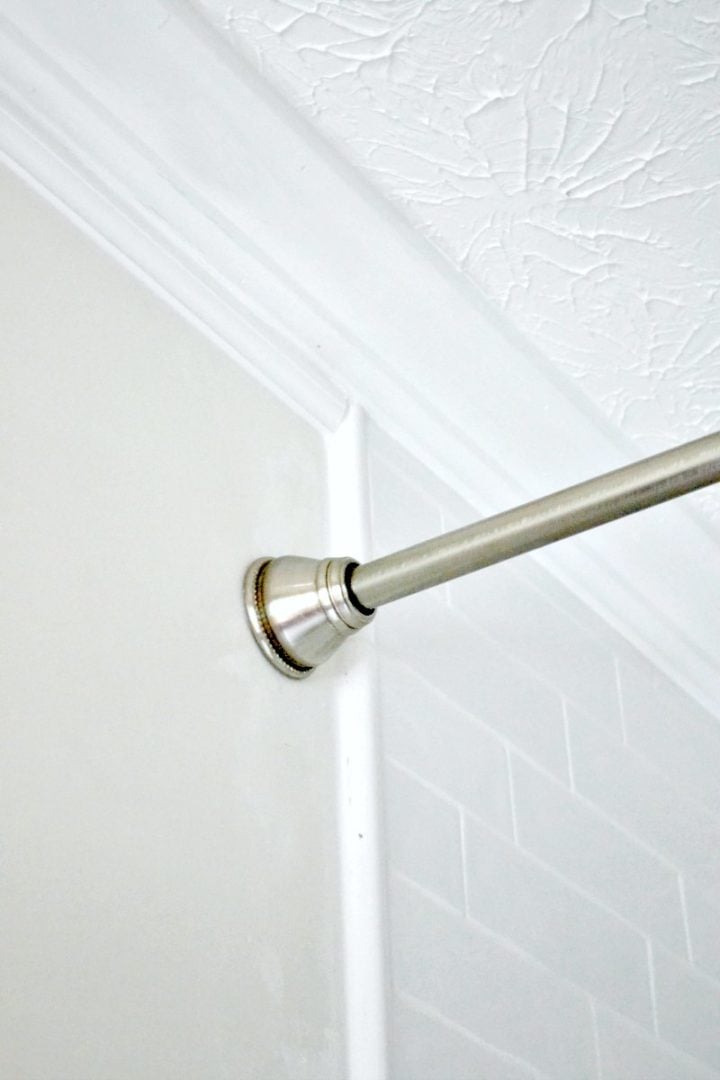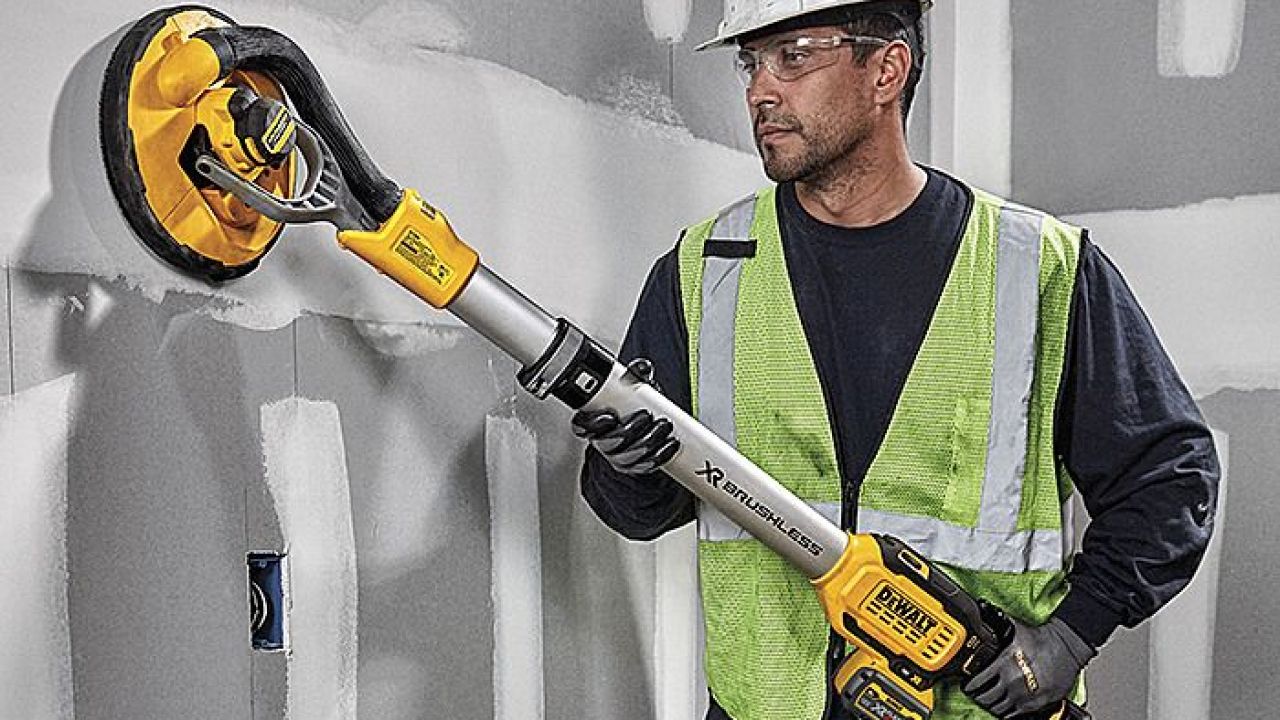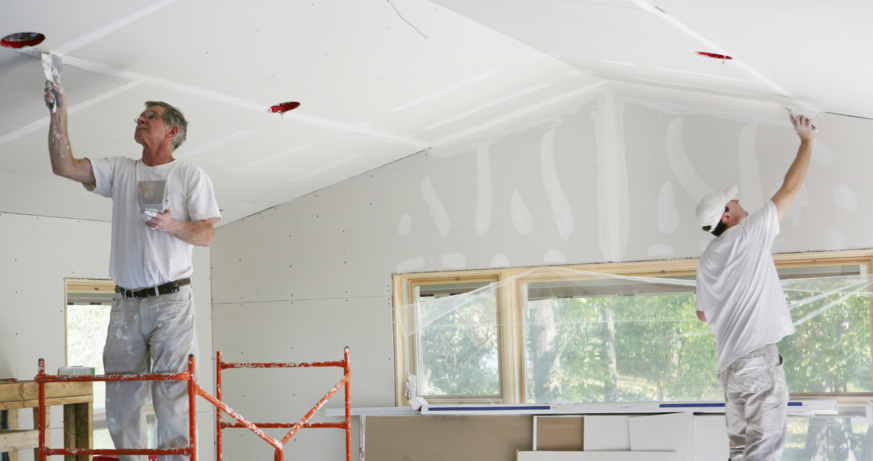
There are a few factors to keep in mind when looking at the cost of drywalling a basement. This includes what type of drywall and how much you need. The space size also plays a role. It will cost more to drywall a space with a complex design or an irregular shape. The cost of drywalling a small area may not be as high, but it could still be affordable.
5/8-inch is the most common ceiling drywall thickness. This gives ceilings a great combination of strength, flexibility, and durability. Another popular choice is greenboard, which is typically used in bathrooms. These drywalls are treated with a special treatment to resist moisture and mold.
You can also choose whether to use a drop ceiling, or regular drywall when determining the cost of drywalling your basement. Drop ceilings allow for easier access to overhead wiring and pipes. A majority of drywall projects require ladder work and heavy lifting. An experienced contractor will save you much time and money in terms of material and labor.

You can also find specialized drywall, such as fire-rated drywall. This type of drywall can make your basement more economical, but it can be very expensive. It costs about $1 to $2 per sq. foot.
The basement's size is an important factor in basement drywalling costs. If the basement is relatively large, there will be more materials and a larger amount of labor required. The town or city may require you to get a permit. Remember that adding additional items like recessed lighting to your basement will increase its cost.
Some basements may have already been finished, so you may not have to pay the full cost of drywalling. To ensure that your family is safe, however, you might need to apply for a permit.
Storm windows should also be installed in basements with cold climates to stop water entering the home. To prevent moisture buildup, basements should be insulated. Your basement might have been drilled into the ground in some cases. Before you can hang drywall on the joists that aren't in good shape, you need to fix it.

Textured panels can be used to reduce the basement drywalling costs. They are available in many colors and sizes. These panels are perfect for dampening sound. They can also be mounted on the wall.
It takes more effort to properly drywall a basement than it does to hang drop ceilings. This means that more skilled workers will be needed to complete the job. The average cost to drywall basements is three times that of hanging drop ceilings.
There are many methods to drywall your basement. You can choose from many to make it as unique and effective as possible. Drywalling can be a great way of controlling moisture buildup in your basement.
FAQ
How can I avoid being taken advantage of when I renovate my house?
You can avoid being ripped off by knowing exactly what you are getting. Be sure to read the fine print before you sign any contract. You should also not sign any unsigned contracts. Always ask for copies of signed contracts.
Is it worth the extra cost to build or remodel a house?
Two options are available to those who want to build a home. Pre-built homes are another option. These homes are ready to be moved into and have already been built. Another option is to build a custom home yourself. With this option, you'll need to hire a builder to help you design and build your dream home.
How much time and effort you put into designing and planning your new home will determine the cost. It will take more effort to build a custom-built home because you'll be required to do most construction work. You also have greater control over the materials and their placement. It might be easier for you to find a contractor who has experience building custom homes.
A new home will usually be more expensive than a renovated home. You'll have to pay more for land and any improvements. In addition, you will need to pay permits and inspections. On average, the price difference for a new or remodeled property is between $10,000 and $20,000
How do you renovate a house with no money?
If you are looking to renovate a house with no money, here are some steps:
-
A budget plan should be created
-
Find out the materials you require
-
Decide where to put them
-
Make a list.
-
Find out how much money your have
-
Plan your renovation project
-
Get to work on your plans
-
Do some research online
-
Ask your family and friends for assistance
-
Get creative!
How do I choose a good contractor?
Ask family and friends for referrals when looking for a contractor. Also, look at online reviews. Make sure that the contractor you choose has experience in the area of construction that you are interested in. Request references and make sure to verify them.
What should I fix first when renovating a house?
Fixing up a home starts with cleaning out all the clutter from inside and outside. Next, you will need to eliminate mold, repair or replace any damaged walls, repaint your entire interior, and fix any leaky pipes. Final steps include cleaning up exterior surfaces and applying new paint.
Statistics
- On jumbo loans of more than $636,150, you'll be able to borrow up to 80% of the home's completed value. (kiplinger.com)
- According to the National Association of the Remodeling Industry's 2019 remodeling impact report , realtors estimate that homeowners can recover 59% of the cost of a complete kitchen renovation if they sell their home. (bhg.com)
- They'll usually lend up to 90% of your home's "as-completed" value, but no more than $424,100 in most locales or $636,150 in high-cost areas. (kiplinger.com)
- It is advisable, however, to have a contingency of 10–20 per cent to allow for the unexpected expenses that can arise when renovating older homes. (realhomes.com)
- A final payment of, say, 5% to 10% will be due when the space is livable and usable (your contract probably will say "substantial completion"). (kiplinger.com)
External Links
How To
5 Things You MUST Know Before Starting Your Home Renovation
-
Is this something you really want? It's likely that you will need assistance if you plan to tackle a large home improvement project, such as remodeling your kitchen or bathroom or building a new home. You might reconsider if you're not confident enough to handle such a huge task on your own. It will take up much of your time and money. There won't be any real benefits. Instead, hire someone who has experience in this field to assist you. They'll save your time and make it easy for you to have a wonderful place to call home.
-
How much should a project cost? This is a common question, but it can make renovations more expensive. You'll likely have to repay most of your costs at the end. You should stick to your budget, even if it's a tight one. Without it, you may end up paying a lot but not getting anything back.
-
Do I hire professionals or do I need to DIY? - There's no right or wrong answer here, but we'd recommend hiring professional tradespeople if you can afford them. Their advice will be invaluable in helping you decide how to proceed. For example, they'll be able install the plumbing correctly, ensure that everything is done safely, and provide you with a warranty when they finish their work. On the flip side, DIY projects usually involve lots of trial and error, which means you'll have to learn a lot of lessons the hard way. Plus, you'll have to deal with all sorts of problems that arise during the process.
-
How much can I afford it? - Don't underestimate the cost of a renovation project. Even if your budget is tight, you may need to borrow money to cover costs. And if you're planning to sell your current property soon after completing the renovations, you'll definitely need to factor in the price of selling it into your calculations.
-
What is the best place to start? There are no right or wrong places to begin when choosing where to start. But we suggest you choose something that you enjoy working on. You'll feel more motivated to work and less likely to procrastinate. Avoid areas that require constant maintenance. If you have to deal with dirt and dust, don't try to redecorate the living room.